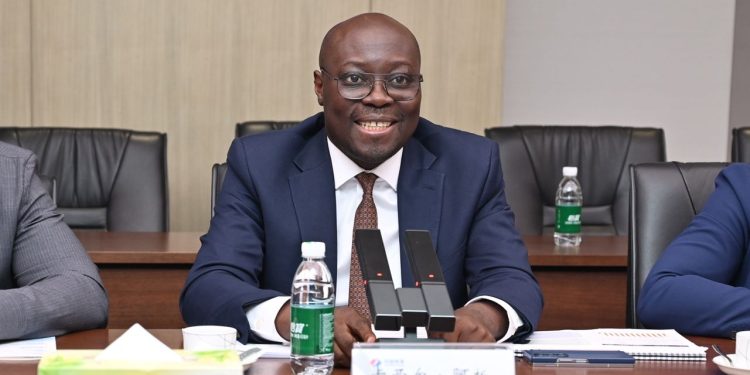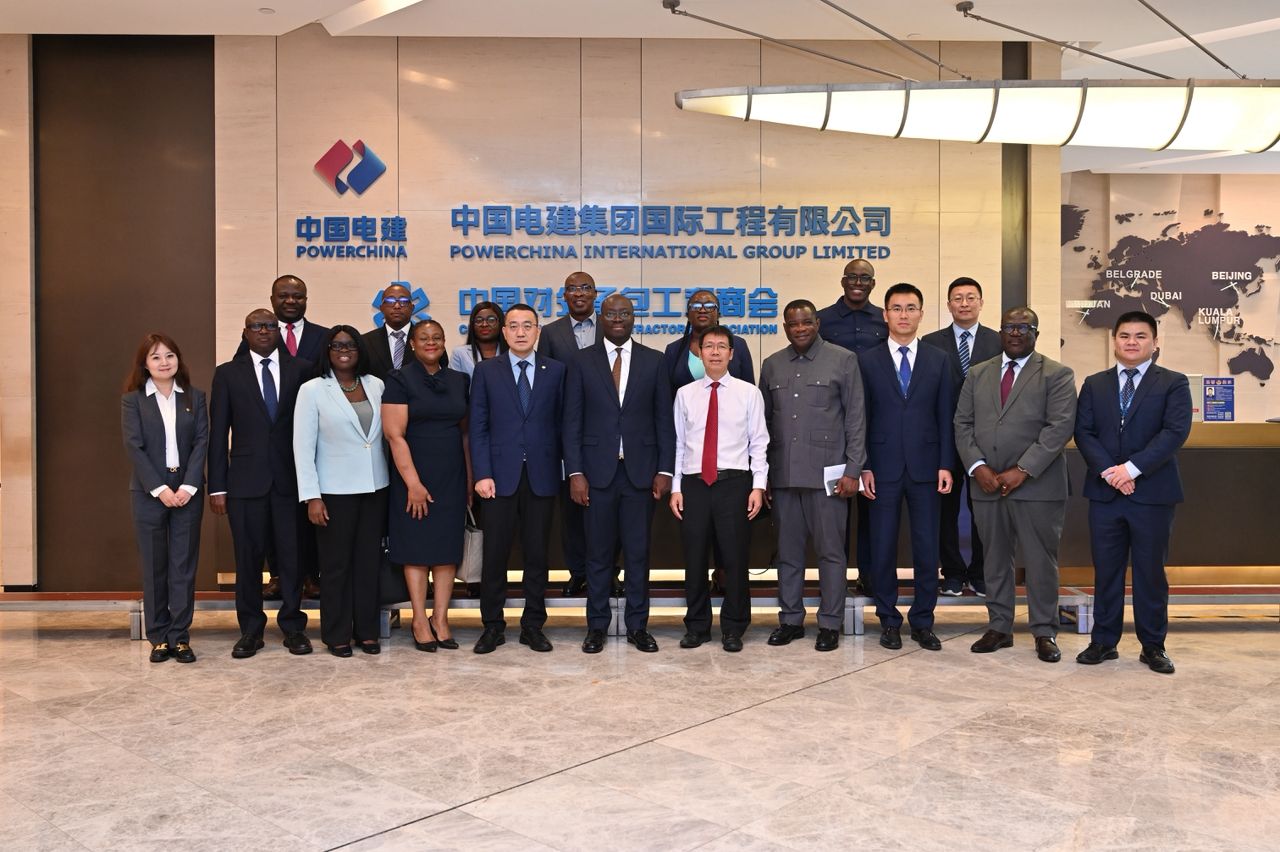Finance Minister Concludes High-Level Debt Talks in China, Hails ‘Monumental Step’ Toward Restructuring Deal
Ghana’s Finance Minister, Dr. Cassiel Ato Forson, has wrapped up a critical diplomatic and financial mission to China, marking what government sources are calling “substantial progress” in the country’s complex debt restructuring negotiations.
In a statement shared via his official social media handle, Dr. Forson confirmed that he held high-level talks with China’s Ministry of Finance, the China Exim Bank, and several major Chinese creditors, including financial institutions and state-linked contractors. These entities hold a significant portion of Ghana’s bilateral and commercial debt, making them central to the country’s broader debt overhaul efforts.
“The engagements were constructive and mark an important step forward,” Dr. Forson noted, characterising the discussions as “crucial to the government’s efforts to stabilise the economy, restructure unsustainable debt, and protect the welfare of citizens.”
China remains Ghana’s largest bilateral creditor, with its exposure exceeding $1.9 billion as of the last official estimates. Securing debt treatment from Beijing has thus been a critical piece of Ghana’s efforts to align with the Common Framework process under the G20 and Paris Club.
The visit comes at a delicate moment in Ghana’s post-default recovery. After securing an IMF Extended Credit Facility of $3 billion in 2023, the country has already restructured much of its domestic debt and reached an agreement-in-principle with its Official Creditor Committee. But the final piece of the puzzle, restructuring bilateral debts with China and finalising commercial creditor arrangements, remains important.
The meetings in Beijing, according to government insiders, focused on bridging remaining gaps in debt terms, particularly around maturity extensions and interest rate concessions. The discussions also included proposals to protect Chinese contractor claims while aligning with IMF debt sustainability thresholds.
“This engagement strengthens Ghana’s position in closing this painful chapter of our economic history,” Dr. Forson said. “It brings us closer to building a resilient, inclusive, and stable economy.”
Ghana has already concluded a domestic debt exchange programme and reached agreements with its official bilateral creditors under the G20 Common Framework. Securing parallel terms from commercial and non-Paris Club lenders, including China, is viewed as a critical final hurdle.
China’s role in several African debt workouts has drawn scrutiny recently, with critics pointing to delays and a lack of transparency. However, analysts note that Ghana’s progress signals improved coordination and a more pragmatic approach from Beijing.
As the government advances its debt restructuring strategy, market observers are watching for signals of creditor alignment.









